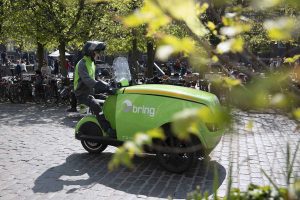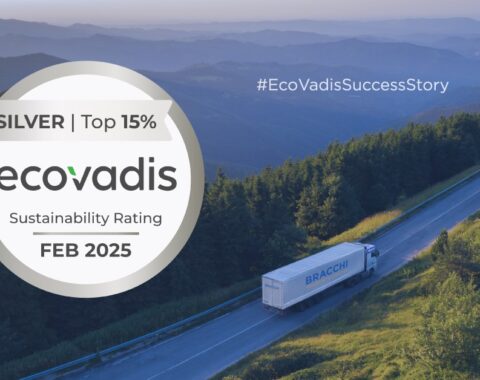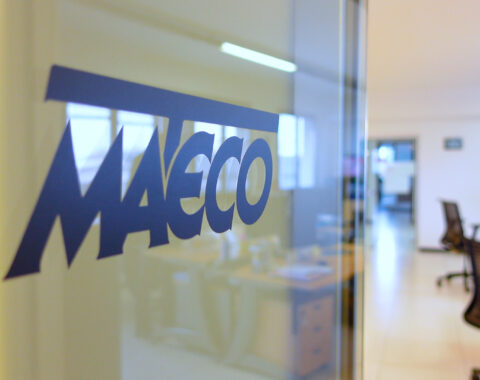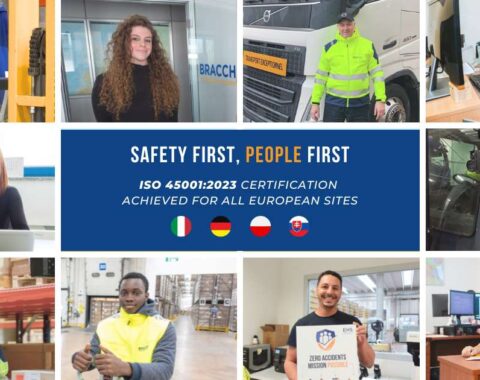 Bracchi’s business solution dedicated to express delivery launches its own environmental revolution. Eight hundred-thousand deliveries every year, the bike’s delivery challenges in Northern Europe and with the electric train on the Alps, but also waste recovery activities in Germany and France. The lockdown stage pushed Bracchi to make forward steps in technological innovation and digitalization.
Bracchi’s business solution dedicated to express delivery launches its own environmental revolution. Eight hundred-thousand deliveries every year, the bike’s delivery challenges in Northern Europe and with the electric train on the Alps, but also waste recovery activities in Germany and France. The lockdown stage pushed Bracchi to make forward steps in technological innovation and digitalization.
The Covid crisis sped up the innovations in the logistic and transports sector. The trends are clear: faster and greener transports thanks to the digitalization of the processes. But also a new sensibility in order to reach cities or isolated places with alternatives vehicles.
Basped, Bracchi’s business solution dedicated to express delivery, developed new services during lockdown, destinated to change the model used from the made in Italy artisans (but not only them) to send their products. Some examples? Bike’s delivery in the boutiques of the Scandinavian capitals or transports in the Alps realized with electric trains, that arrive after the winter’s deliveries of valuable objects in chalets with snowmobiles.
Basped has increasingly espoused green philosophy, also thanks to new challenges, like the propose of an important international brand that wanted deliveries to historic centres which are banned from traffic. In order to agree with the environmental doctrine well established in countries like Sweden, Denmark and Norway, Basped decided to avail of a biker’s network to spread capillary in city centres of Oslo, Stockholm and Copenaghen. The technological and digital part, the high operative flexibility in satisfying the clients, the quality of people represent fundamental elements to be competitive and winners on the market.
Among the 800.000 moved packs every year from Basped there are deliveries that are real challenges. For example, to supply Zermatt shops, in the Swiss Alps, packs travel on electric vehicles, starting from a futuristic train. Green initiatives don’t limit to the use of electric bikes or vehicles for the urban transport or to give priority to rail transport when it’s possible. It goes from the fleet of own propriety at high Euro 5 or 6 classification for the road transport, to the use of software and technologies that optimize all the supply-chain and reduce the waste.



